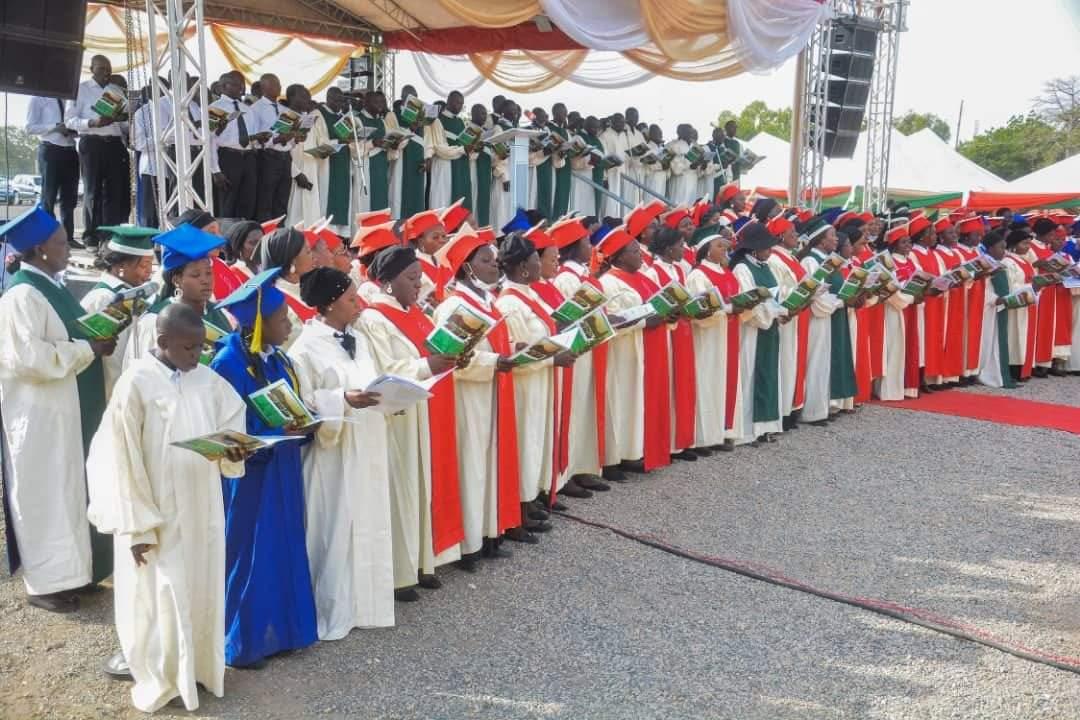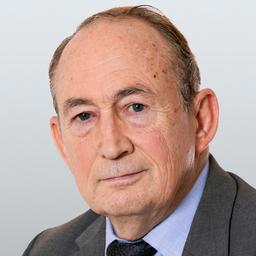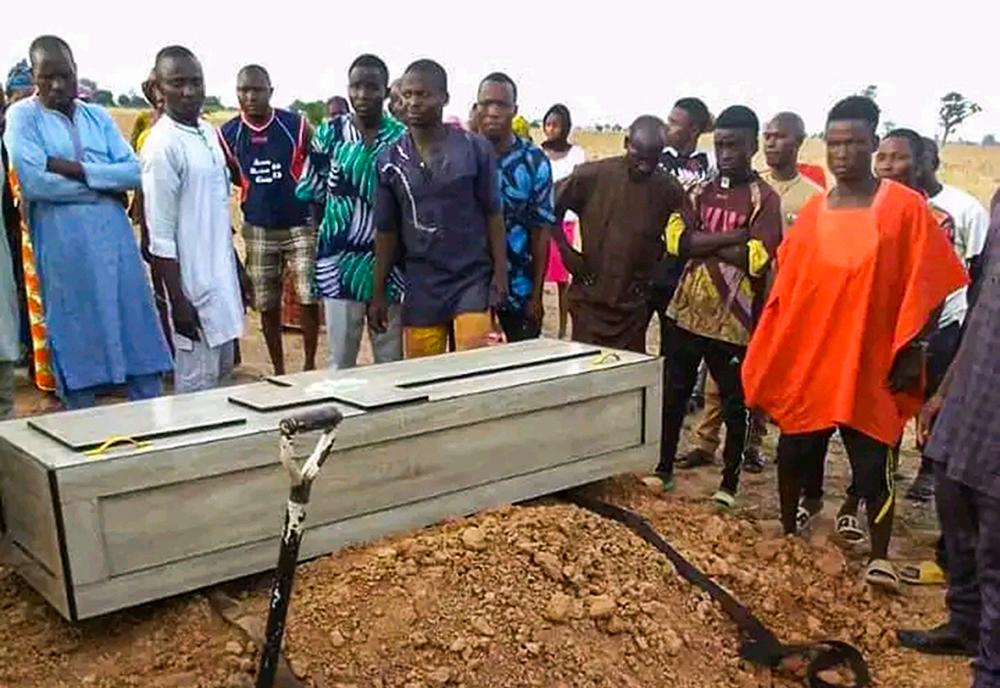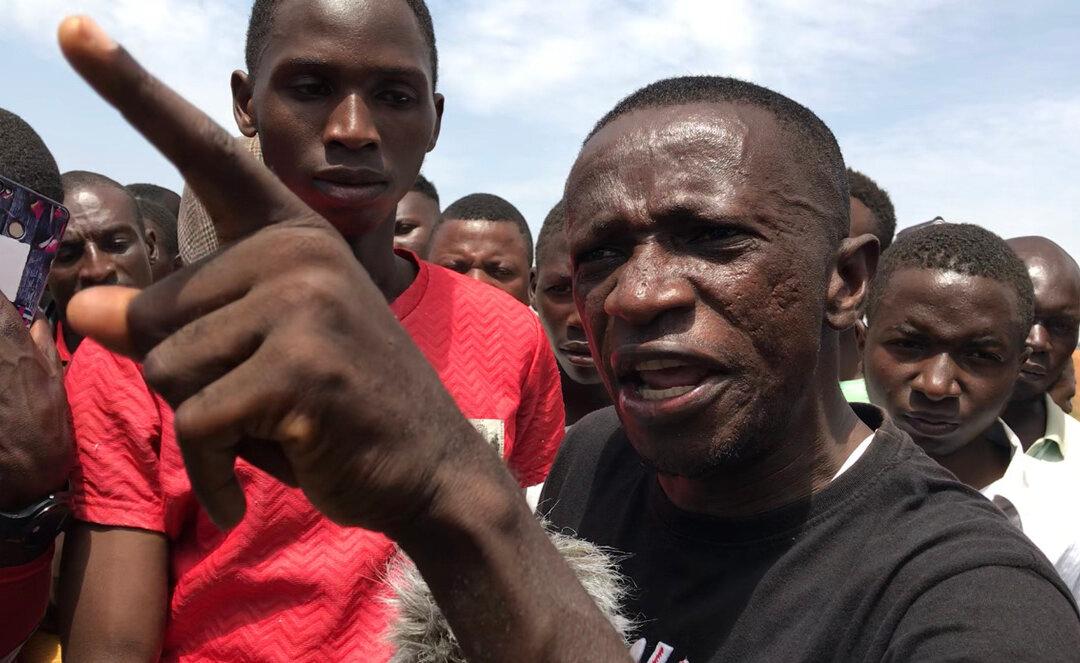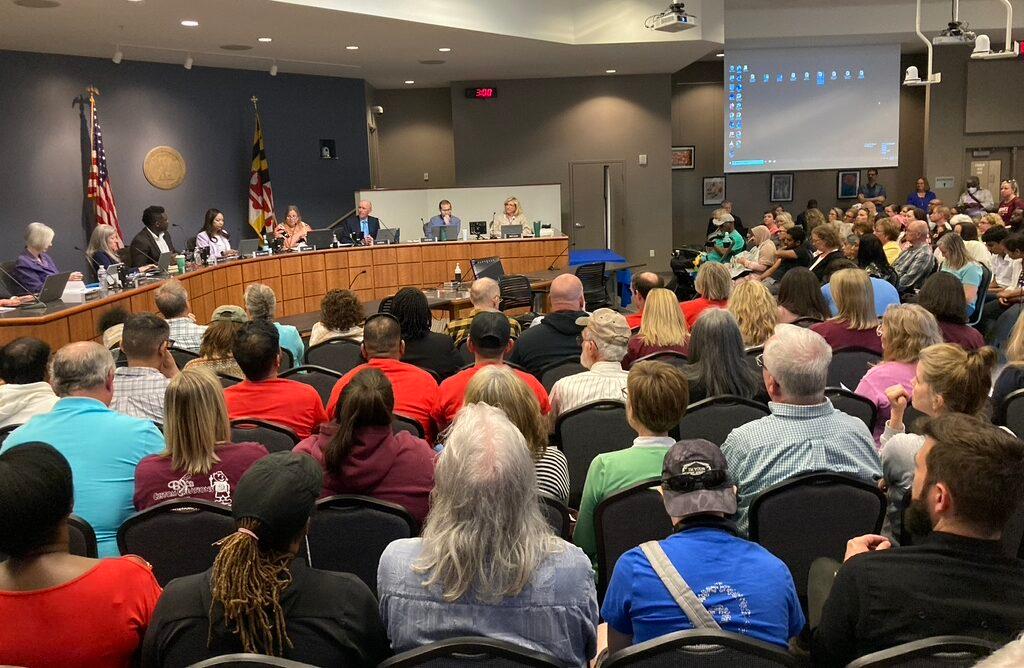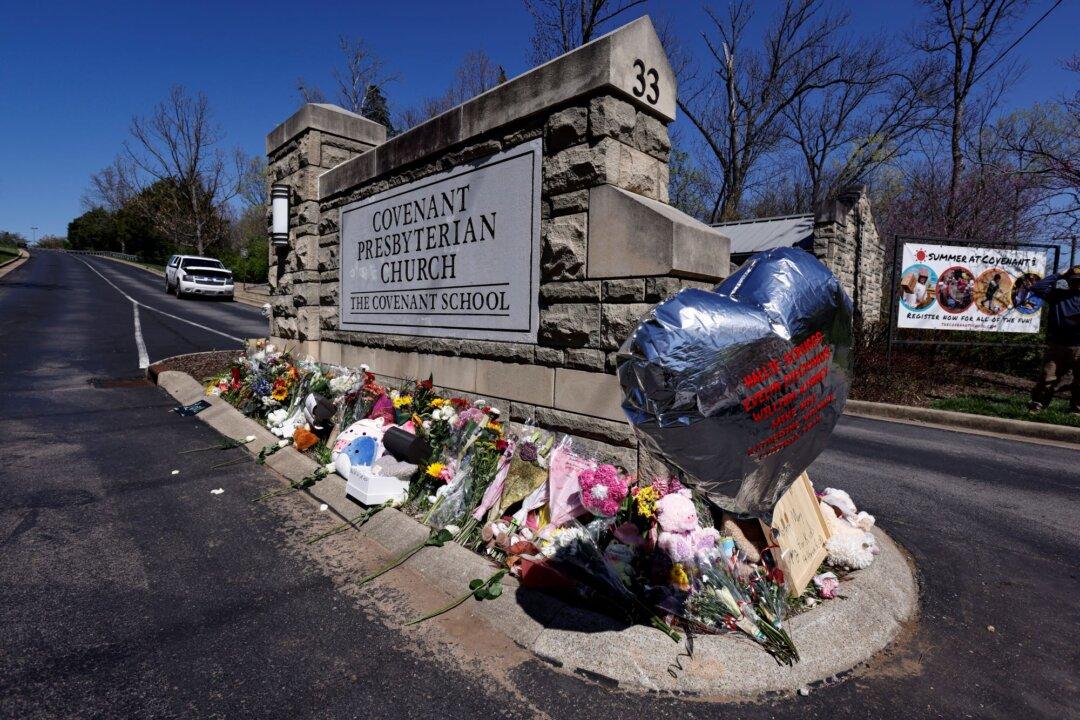Throughout Nigeria’s troubled northern states Christian believers headed to church on Christmas eve with brave faces.
Even in the northernmost state of Sokoto, the heart of Nigeria’s Islamic region, more than 5,000 Christians are heading to church this week, according to Rev. Oro Yakubu, administrator of 30 congregations of the Evangelical Church Winning All (ECWA).
